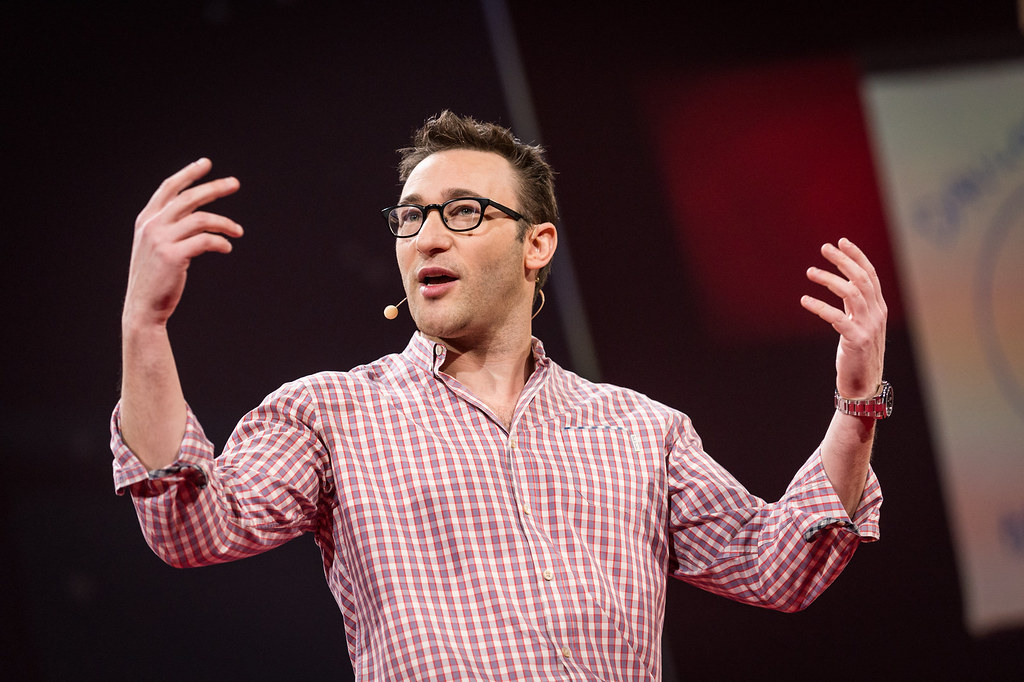Is referral recruiting a “miracle” solution being sold by HR professionals? Experts suggest that this strategy has its limitations.
A few years ago, a large study conducted by ICIMS in 2018 showed the value of hiring candidates referred by an employee or another candidate. The study in question, conducted with 50 companies and 91,000 employees, revealed the following statistics:
- Referred employees stay 70% longer than non-referred employees, 38 months versus 22 less;
- Employees who refer a candidate stay 20% longer;
- 41% reduction in recruitment costs.
In light of these figures, we conclude that it is a win-win-win formula for the candidate-employee-employer trio. Also, according to the Talent Board 2021 Report, this type of recruitment would represent 20% to 40% of new hires in organizations.
Not so voluntary…
At the TruMontréal 2022 event, an employer brand specialist threw a spanner in the works:
This ambassador trend, I believed in it. I’ve believed in it for 20 years. But I find that, through the interviews I do, employees really have a reluctance to refer people in their network,” reported Sylvie Leclerc, who was, that day, looking for an answer to this reluctance. I think they’re pretty much on the fence, these Ambassadors who are so active in referrals.”
The HR professional wondered if the trend was statistically true, i.e. that fewer ambassadors were bringing new blood into the companies in recent years.
It turns out that since 2017, this recruitment trend has suffered an overall decline, although from 2020 to 2021, there has been a slight rebound :

In Sylvie Leclerc’s experience, ambassadors attribute their reluctance to refer candidates to the pandemic, namely that there is a lack of candidates everywhere. But she also wonders if some are afraid of taking on the responsibility of the new employee.
Some people say, ‘I just got hired, I’m going to make my mark first and then I’ll see if I recommend someone, because I’m putting my credibility on the line.”
Given the extreme mobility of workers, one has to wonder if some people would rather avoid attracting a professional contact at a company they may be leaving…in the next few months!
This is a valid hypothesis,” confirms Sylvie Leclerc. Is it because they don’t know if they want to stay or if they need time to build their trust with the employer? That’s the question I ask myself.
Bottom line: recruitment by referral is wonderful in every way… on paper. In today’s market, workers probably have too many questions about their own career paths to think about convincing a contact to become a colleague.
The boomerang effect, which we talk about a lot, I see in the field,” adds Sylvie Leclerc. There are many employees who return to their employer.
The strategy remains valid, despite everything. However, employers need to see its limitations and understand that it cannot solve the current talent crisis on its own.




